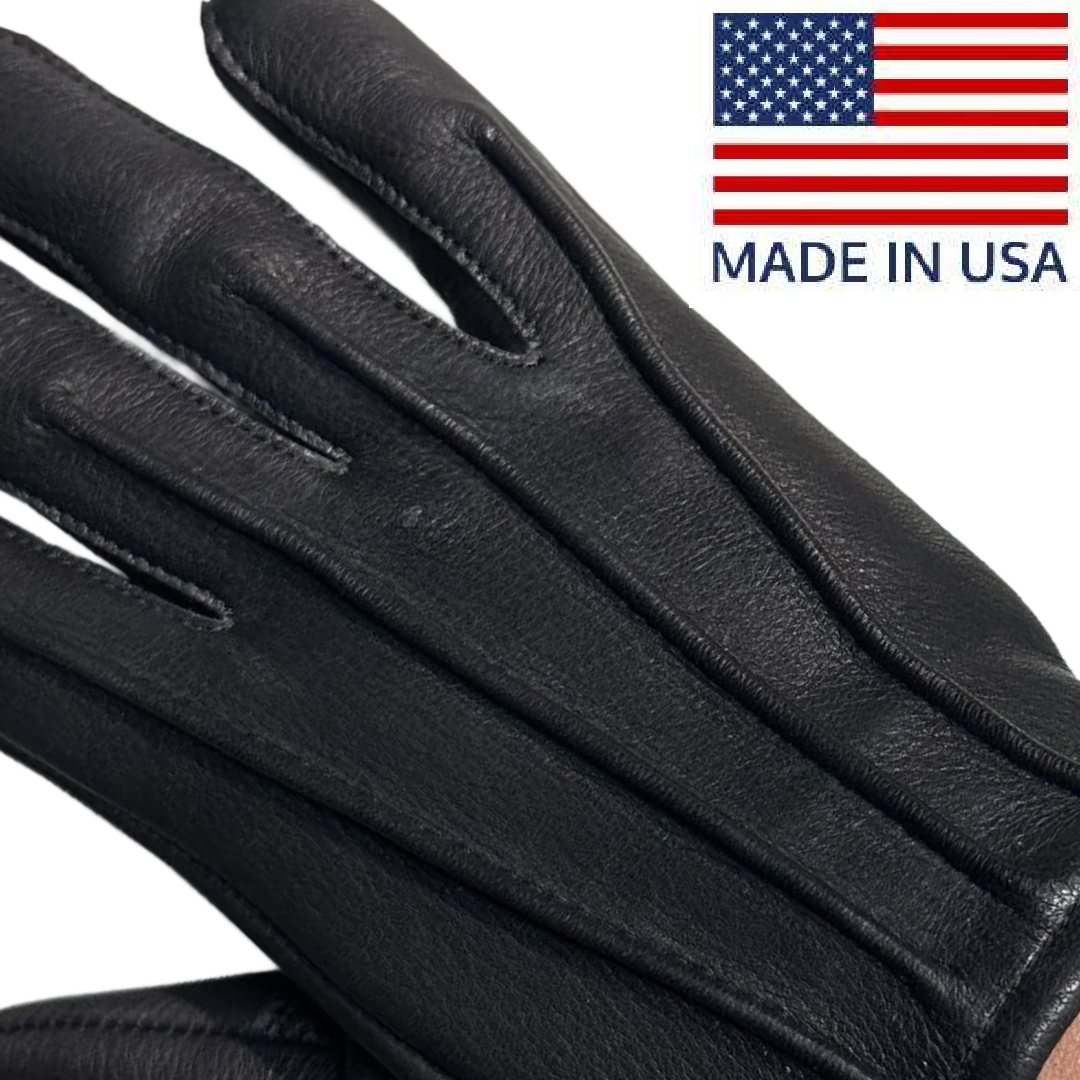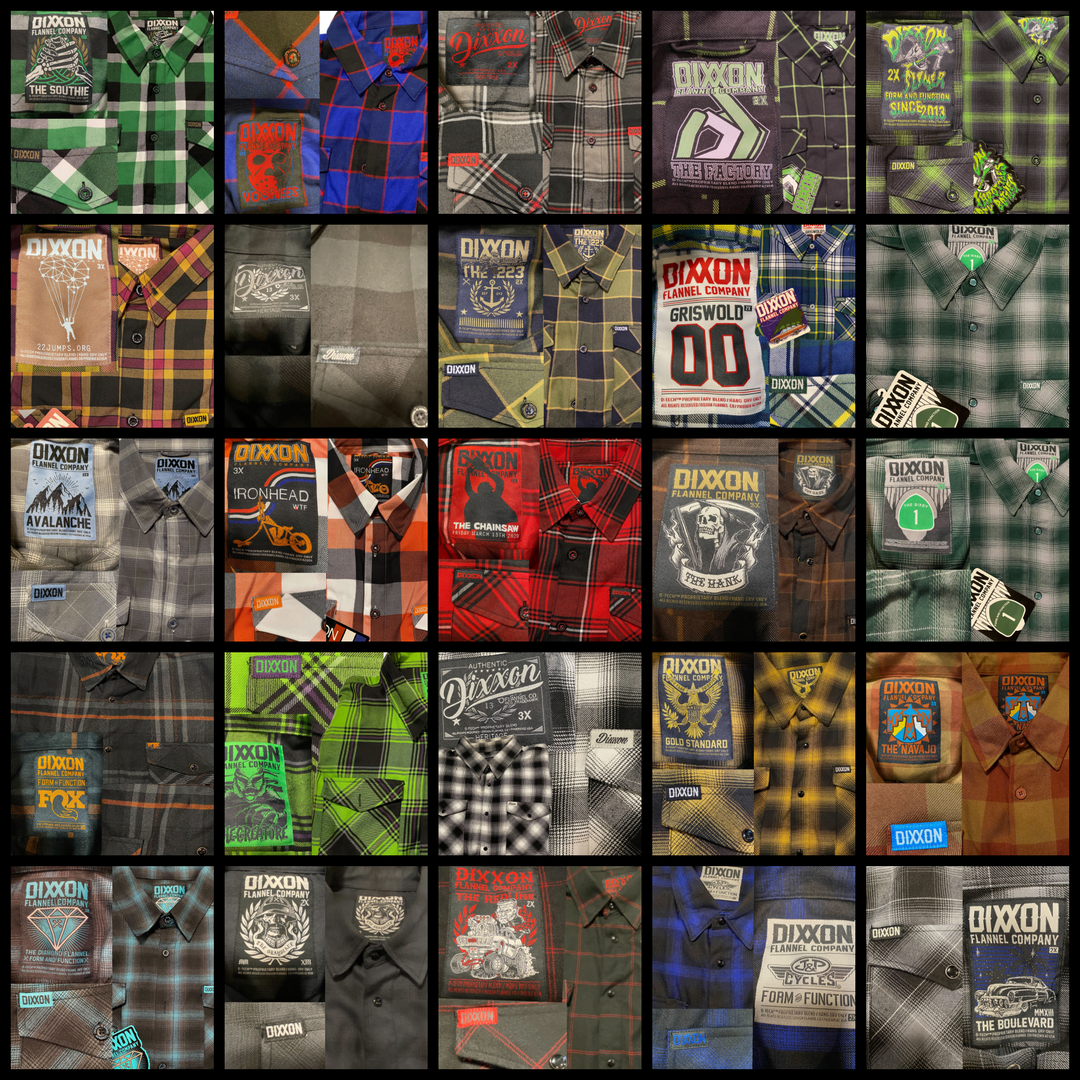Motorcycle Vests & Jackets Made in USA vs. Made in China or Pakistan
In the USA, the production of leather motorcycle jackets and vests plays a significant role in the motorcycle gear industry. This industry, known for its craftsmanship and attention to detail, has been the home of many reliable brands. Among them, Legendary USA has held a prominent position, manufacturing high-quality leather motorcycle jackets and vests for over 25 years. Their superior products offer durability and protection, standing as a testament to their commitment to quality. However, they are not alone in this competitive market. Other notable competitors include brands like Schott NYC, known for their iconic designs and history, and Vanson Leathers, a brand well-regarded for its focus on racing gear and heavy-duty protection. Another competitor, Fox Creek Leather, also competes for market share with their range of American-made motorcycle apparel. Despite the competition, Legendary USA’s combination of style, performance, and long-standing history continues to resonate with both new and experienced riders.
Despite the domestic production of leather motorcycle gear in the USA, a significant amount of imports originate from Pakistan and China. These countries have become manufacturing hubs for such gear due to their cost-effective labor and sizable leather industry. Their capacity to mass-produce and the lower cost associated with production allow these countries to export a substantial quantity of leather motorcycle jackets and vests to the international market, including the USA. While the quality and craftsmanship may vary, their affordability often makes them an attractive option for cost-conscious buyers.
While imported leather motorcycle gear from Pakistan and China may appeal due to its affordability, concerns over the quality and ethical treatment of workers often cast a shadow on these products. Compared to American brands such as Legendary USA, Schott NYC, and others, the quality of imported gear can be unreliable. The inconsistency in craftsmanship and material quality often results in a product that doesn't offer the same level of protection or longevity that American-made counterparts do. Furthermore, ethical issues related to the treatment of workers in these foreign production facilities can also be a significant concern. Reports of poor working conditions, inadequate wages, and violations of workers' rights in some Chinese and Pakistani factories have raised questions about the true cost of these affordable goods. This is a stark contrast to the American brands, which often place an emphasis on fair labor practices and standards alongside their dedication to quality.




